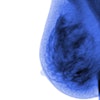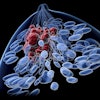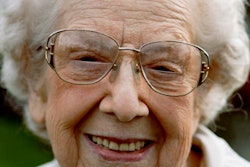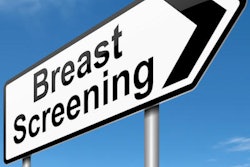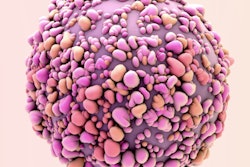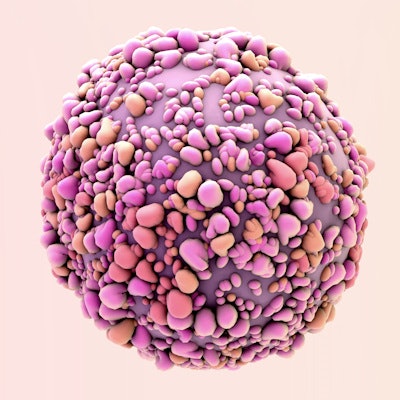
Women with dense breast tissue want adjunct screening that is sensitive and inexpensive -- although higher sensitivity might outweigh cost, according to a study published February 28 in the Journal of Breast Imaging.
A team led by Dr. Matthew Miller, PhD, of the University of Virginia in Charlottesville conducted a survey of 508 patients with dense breast tissue presenting for screening mammography. The survey asked participants to do the following:
- Estimate their personal breast cancer risk compared with their peers
- Indicate their level of concern related to recalls, radiation exposure, and intravenous contrast allergies
- List factors that might prevent them from getting supplemental screening exams
Of survey participants, 59.9% believed it was likely or very likely that a cancer could be missed on a mammogram, but only 8.9% had undergone supplemental screening in the past three years. The most common deterrents to additional screening were pain (66.9%) and anxiety that supplemental screening would lead to additional procedures (31.1%).
Survey participants were asked to select among three hypothetical adjunct breast cancer screening modalities -- breast MRI, contrast-enhanced spectral mammography (CESM), and automated breast ultrasound (ABUS) -- and they strongly preferred whichever exam was most sensitive, even if this meant higher cost (31.9%) or administration of IV contrast (62%).
"Our data suggest that patients with dense breasts prefer adjunct screening exams that are both sensitive and inexpensive, although an increase in sensitivity could outweigh additional cost or even IV-line placement," the team concluded.

